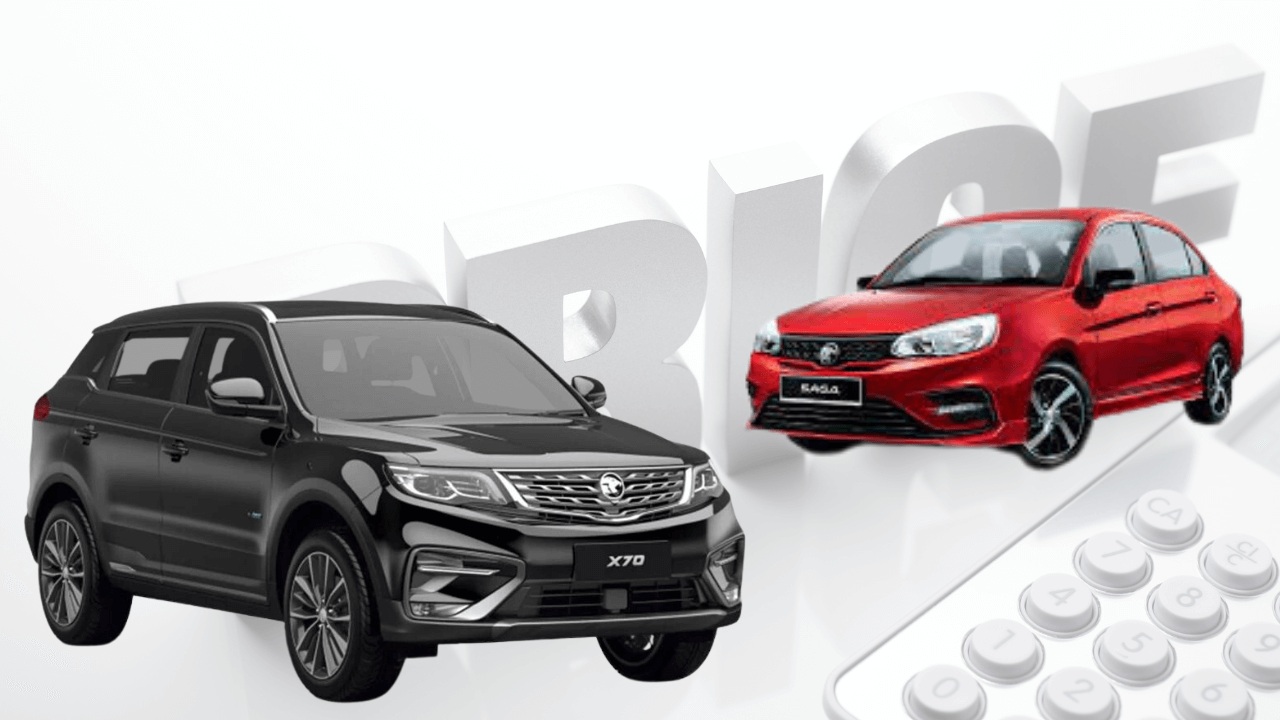The year 2023 has presented numerous challenges for Pakistan’s car industry, resulting in production halts and significant price hikes. Automakers, including Al-Haj Automotive, the assembler, and seller of Proton cars in Pakistan, have faced a multitude of factors contributing to this ongoing crisis.
We will delve into the key reasons behind the bleak state of the industry, explore the recent price increases by Al-Haj Automotive, and shed light on the impact of these developments.
Factors Affecting Pakistan’s Car Industry
1. Rupee Devaluation
The devaluation of the Pakistani rupee has been a major setback for the car industry. When the value of the national currency declines, it becomes more expensive to import components and raw materials required for car manufacturing. This, in turn, increases production costs and eventually leads to price hikes for consumers.
2. Import Restrictions
Import restrictions imposed by the government have also played a significant role in the challenges faced by the car industry. These restrictions aim to promote domestic manufacturing and reduce dependency on imported vehicles. However, limited access to foreign car parts and components has resulted in supply chain disruptions and hindered the smooth production process.
3. Increase in Taxes
Another factor contributing to the crisis is the increase in taxes levied on the car industry. Higher taxes inflate the overall cost of vehicles, making them less affordable for the average consumer. This increase in tax burden directly affects the purchasing power of potential car buyers, leading to a decline in demand.
4. Increase in Freight Charges
Freight charges, which encompass transportation costs for importing and distributing cars, have experienced a significant surge. Rising fuel prices and logistical challenges have driven up freight charges, adding to the financial strain faced by the car industry. These increased costs are often passed on to the consumers through higher car prices.
5. Raw Material Rate Hikes
The car manufacturing process relies heavily on various raw materials, the prices of which have experienced significant hikes. Fluctuations in the cost of steel, aluminum, rubber, and other essential materials used in car production directly impact the overall manufacturing expenses. As a result, carmakers are compelled to increase prices to maintain profitability.
6. Logistical Hurdles
Logistical hurdles, including inefficient infrastructure and inadequate transportation systems, have compounded the challenges faced by the car industry. Delays in the delivery of components and finished vehicles due to poor logistics disrupt the production schedule and negatively impact sales. Such hurdles increase costs and ultimately affect the prices of cars in the market.
Al-Haj Automotive’s Price Hike

Al-Haj Automotive, the assembler and seller of Proton cars in Pakistan, has recently announced a significant price hike across its product lineup. Effective immediately, the new prices for various Proton models are as follows:
| Models | Old Price (Rs.) | New Price (Rs.) | Increase (Rs.) |
|---|---|---|---|
| Saga Standard M/T | 2,824,000 | 3,749,000 | 925,000 |
| Saga Standard A/T | 3,299,000 | 3,949,000 | 650,000 |
| Saga ACE A/T | 3,149,000 | 4,099,000 | 950,000 |
| X70 Executive AWD | 6,740,000 | 8,799,000 | 2,059,000 |
| X70 Premium FWD | 7,190,000 | 9,299,000 | 2,109,000 |
The price hike is substantial and has significant implications for consumers considering the purchase of Proton cars. The increase in prices directly correlates with the challenges faced by the car industry and the rising costs of production.
Al-Haj Proton’s Efforts
In a recent discussion with ProPakistani, a representative of an Al-Haj Proton dealership in Islamabad mentioned that the company would begin accepting bookings at the new prices. This step indicates that Al-Haj Proton is determined to navigate the ongoing crisis and maintain its market presence. By adapting to the challenging circumstances, the company aims to address customer needs and continue offering Proton cars in Pakistan.
The Visibility of Proton Cars in Pakistan
Proton cars are still relatively uncommon on Pakistani roads. It is unclear whether this is due to slow production and sales or a lack of popularity among consumers. However, the recent developments in the industry, including Al-Haj Proton’s decision to continue operations despite challenges, offer a ray of hope for the Malaysian carmaker.
With an increased focus on addressing supply chain issues, enhancing production capabilities, and effective marketing strategies, Proton has the potential to gain more traction and become a recognizable brand in the Pakistani car market.
Pakistan’s car industry in 2023 has faced a series of challenges, including rupee devaluation, import restrictions, tax hikes, increased freight charges, raw material rate hikes, and logistical hurdles. Al-Haj Automotive, the assembler and seller of Proton cars, has responded to these challenges by implementing a significant price hike across its lineup.
However, the company remains determined to overcome the crisis and cater to customer demands. With concerted efforts, including effective supply chain management and improved production capabilities, the visibility and popularity of Proton cars in Pakistan are expected to grow in the coming years.


